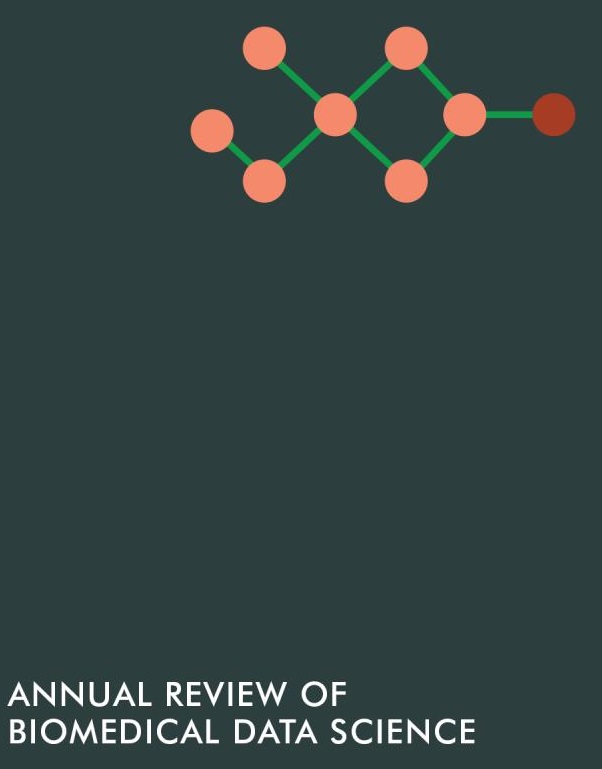在学习医疗保健系统中开发和实施预测模型:退伍军人健康管理中的传统和人工智能方法。
IF 6
Q1 MATHEMATICAL & COMPUTATIONAL BIOLOGY
Annual Review of Biomedical Data Science
Pub Date : 2022-05-24
DOI:10.1146/annurev-biodatasci-122220-110053
引用次数: 2
摘要
预测临床风险是医疗保健的重要组成部分,可以为有关治疗、预防性干预和提供额外服务的决策提供信息。在过去的二十年里,电子健康记录数据使预测模型领域发生了革命性的变化;将此类数据与其他人口、社会经济和地理信息联系起来的能力;高容量计算的可用性;以及从复杂数据集中提取见解的新机器学习和人工智能方法。这些进步已经产生了新一代的计算机化预测模型,但是关于它们的开发、报告、验证、评估和实现的争论仍在继续。在这篇综述中,我们回顾了退伍军人健康管理局(美国最大的综合医疗保健系统)10多年来在大规模开发、测试和实施这些模型方面的经验。我们报告了实施国家风险预测模型的经验教训,并提出了研究议程。预计《生物医学数据科学年度评论》第5卷的最终在线出版日期为2022年8月。修订后的估计数请参阅http://www.annualreviews.org/page/journal/pubdates。本文章由计算机程序翻译,如有差异,请以英文原文为准。
Developing and Implementing Predictive Models in a Learning Healthcare System: Traditional and Artificial Intelligence Approaches in the Veterans Health Administration.
Predicting clinical risk is an important part of healthcare and can inform decisions about treatments, preventive interventions, and provision of extra services. The field of predictive models has been revolutionized over the past two decades by electronic health record data; the ability to link such data with other demographic, socioeconomic, and geographic information; the availability of high-capacity computing; and new machine learning and artificial intelligence methods for extracting insights from complex datasets. These advances have produced a new generation of computerized predictive models, but debate continues about their development, reporting, validation, evaluation, and implementation. In this review we reflect on more than 10 years of experience at the Veterans Health Administration, the largest integrated healthcare system in the United States, in developing, testing, and implementing such models at scale. We report lessons from the implementation of national risk prediction models and suggest an agenda for research. Expected final online publication date for the Annual Review of Biomedical Data Science, Volume 5 is August 2022. Please see http://www.annualreviews.org/page/journal/pubdates for revised estimates.
求助全文
通过发布文献求助,成功后即可免费获取论文全文。
去求助
来源期刊
CiteScore
11.10
自引率
1.70%
发文量
0
期刊介绍:
The Annual Review of Biomedical Data Science provides comprehensive expert reviews in biomedical data science, focusing on advanced methods to store, retrieve, analyze, and organize biomedical data and knowledge. The scope of the journal encompasses informatics, computational, artificial intelligence (AI), and statistical approaches to biomedical data, including the sub-fields of bioinformatics, computational biology, biomedical informatics, clinical and clinical research informatics, biostatistics, and imaging informatics. The mission of the journal is to identify both emerging and established areas of biomedical data science, and the leaders in these fields.

 求助内容:
求助内容: 应助结果提醒方式:
应助结果提醒方式:


